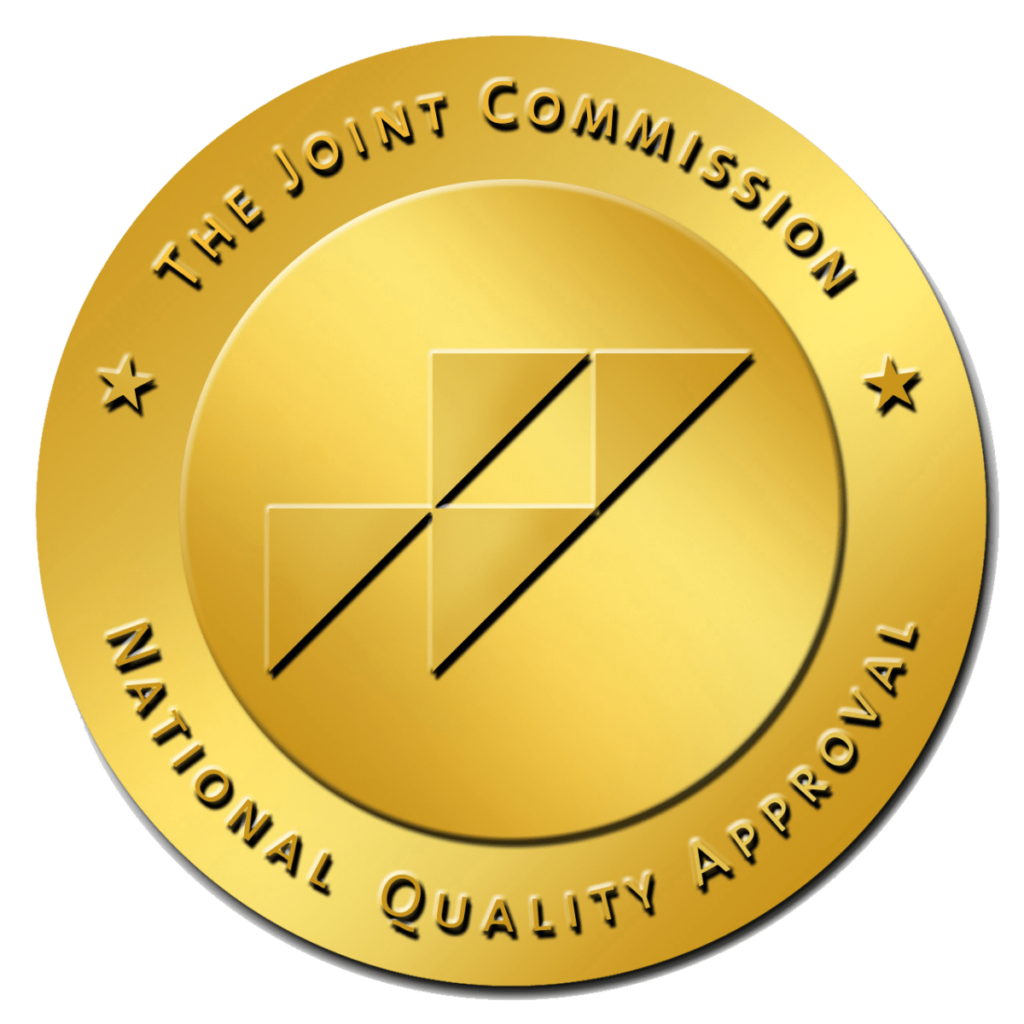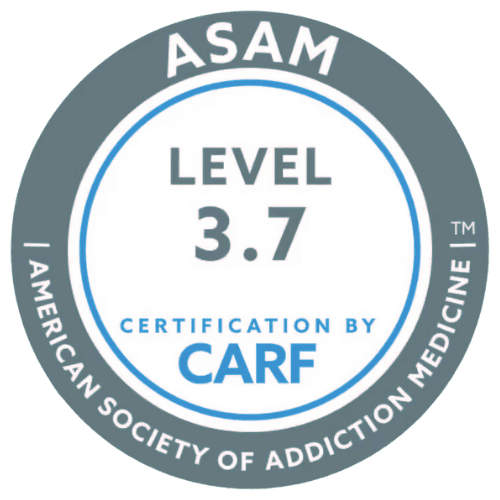If you’re struggling with a mental illness like anxiety or depression, you have probably felt the pressure to keep yourself as close to “normal” as possible. You may give credit for “good” days to those who support you and blame the “bad” days on your own inability to hold it together. But what if you took a firm stance of love and compassion toward yourself, especially on difficult days? What would that look and feel like?
Rejecting Toxic Positivity
Sometimes, when we are trying to help ourselves manage difficult things, we look for any possible good that may exist within the situation or reasons why, in spite of everything, we should still be happy. Although it is good to take a generally optimistic attitude about life, refusing to allow any space for negative emotions is referred to as toxic positivity. Psychotherapist Whitney Goodman describes the adverse impact of demanding constant “good vibes only”, which include:
- Making difficult emotions worse by suppressing them
- Disrupting connections by denying the opportunity for emotional support to be given
- Preventing discussions that could resolve the underlying issues
Instead, Goodman recommends treating difficult emotions as valid responses to life’s challenges. Being able to discuss them openly and find constructive solutions will ensure they are resolved in a healthy way.
Focusing on the Facts
We sometimes say things to ourselves that we would never say to our child, our best friend or a colleague. A person who is struggling with their mental health may be even more inclined to put unnecessary blame on themselves. They might see themselves as a lazy, bad, weak, or stupid person because something went wrong. By looking at the facts and questioning negative assumptions we are inclined to make about ourselves, we can avoid being too harsh toward ourselves.
The next time you feel down on yourself, ask yourself what facts support these feelings. Often, the criticism we target at ourselves may be coming from voices we’ve internalized over the years: overly critical parents, friends, coworkers, etc. Or maybe your parents often talked negatively about themselves, influencing you to do the same. Whatever the cause, checking the negative assumptions against the facts of the situation can provide a more realistic picture.
Showing Yourself Compassion
Giving yourself the space to feel unpleasant emotions is just one way to show compassion for yourself. There are many ways to show yourself love and kindness. We’ve paraphrased below the advice from Mental Health First Aid:
- No win is too small to celebrate – If there are days where getting out of bed is hard, then celebrate that accomplishment. If making a meal for yourself is a struggle, pat yourself on the back when you do it. It is not necessary to wait for some huge victory to be proud of yourself.
- No is a complete sentence – Give yourself permission to stop doing things that aren’t working for you. If checking email in the evening is adding to your stress, stop doing it. If certain social gatherings drain you and you only attend out of a sense of obligation, don’t go. If the volunteer work you have been doing is more trouble than it is worth, find a more enjoyable way to spend your free time.
- Reach out to your people – Whoever brightens your day and makes you feel happy, safe, and loved, make time for them. Give them a call, send a text, or schedule some time to get together in person.
- Honor your needs – We all need food, water, and shelter, but we also have emotional and spiritual needs. These needs are sometimes met through exercise, travel, mindfulness, or fellowship with other people.
- Progress, not perfection – Your personal best may look very different from one day to the next. Resist the urge to beat yourself up when what you really need is understanding or forgiveness.
If you would like to learn more about loving yourself and self-forgiveness, Highland Hospital in West Virginia has a team of mental health experts who can assist you in your journey.









